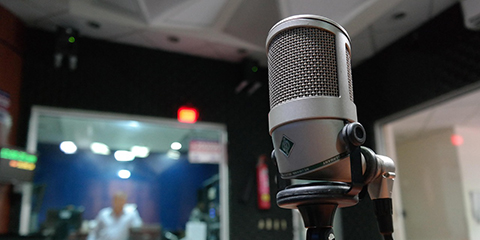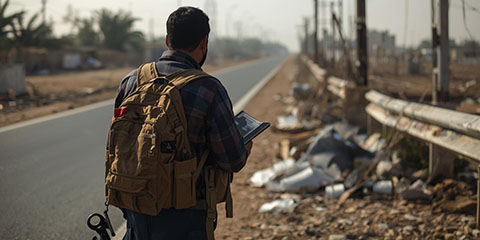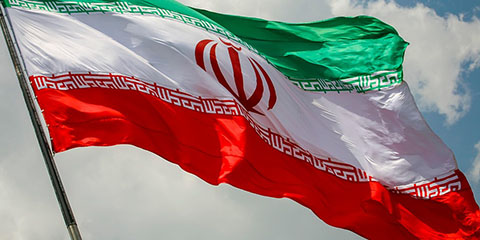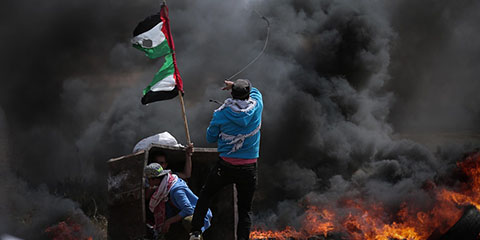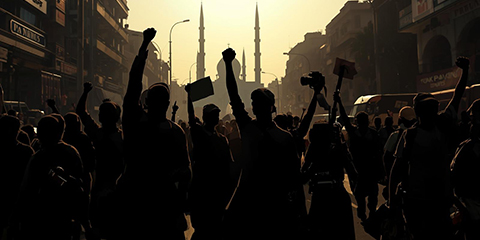Iran tightens digital control with new wave of news site blockages
JournalismPakistan.com | Published last month | JP Middle East Desk
Join our WhatsApp channel
Iran has stepped up online censorship, blocking independent media outlets and channels, prompting strong protests from journalist groups alarmed at shrinking press freedom.Summary
TEHRAN — Iranian authorities have intensified their clampdown on digital media, blocking and shutting down several independent news sites and social channels in what journalist groups describe as a widening campaign of online censorship.
Rights monitors, including Reporters Without Borders (RSF) and the Committee to Protect Journalists (CPJ), have condemned the moves, calling them a continuation of Iran’s systematic silencing of dissenting voices.
Over the past few weeks, multiple domestic outlets have reported being taken offline or losing access to their platforms, with government regulators citing “national security” as justification. The escalation comes amid growing restrictions on political content, online debate, and foreign-linked media operations.
Media observers warn that the crackdown threatens to isolate Iranian journalists further and limit independent information flows. Many local reporters have turned to virtual private networks (VPNs) and encrypted messaging to continue publishing.
Exiled Iranian media organizations, meanwhile, face rising challenges in verifying content and maintaining contact with sources inside the country, as authorities expand surveillance and censorship technologies. Analysts say these developments mark another phase in Tehran’s ongoing effort to centralize control over the digital information space.



